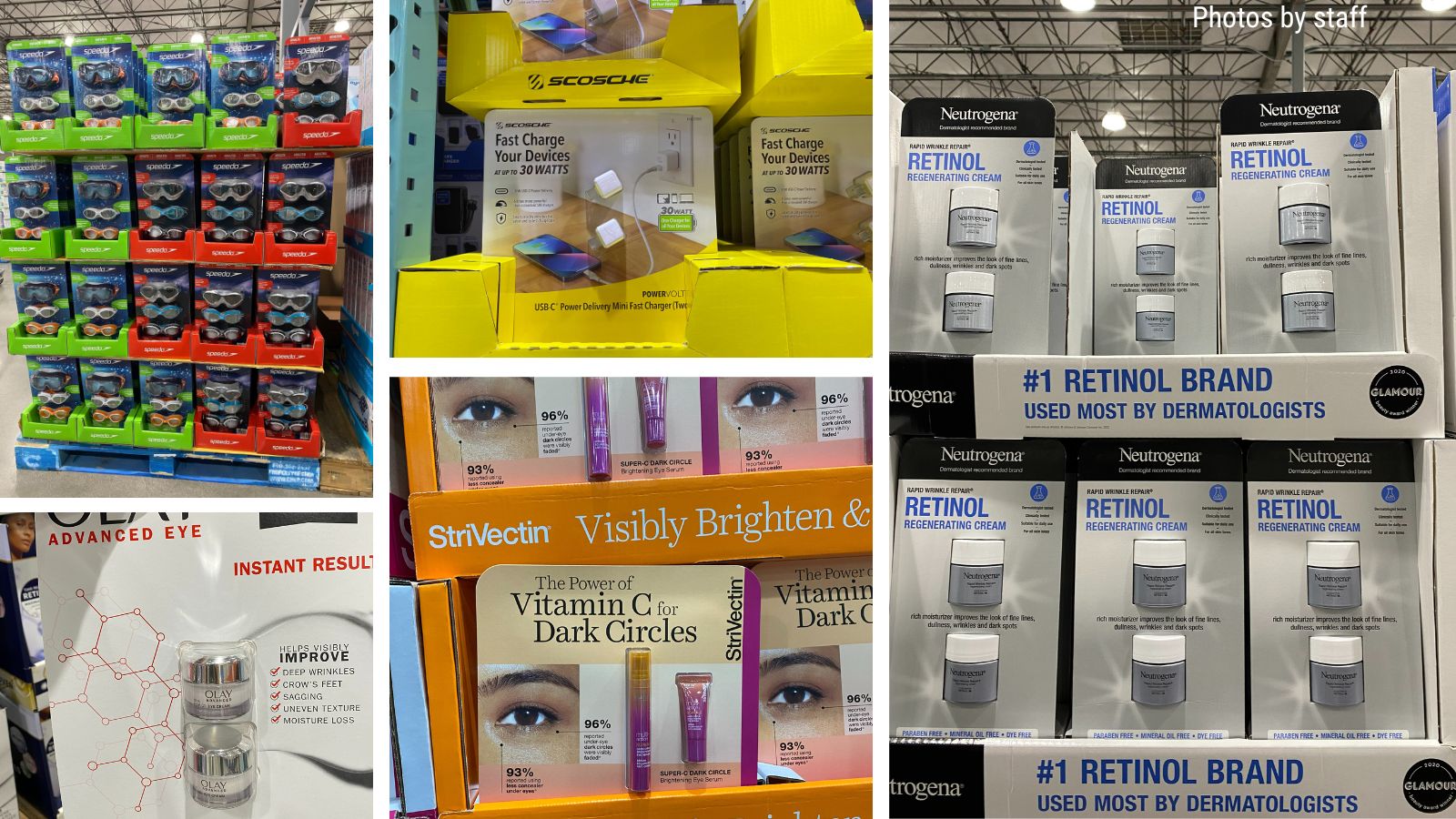
Costco should stop supersizing wasteful packaging
Lots of people are taking steps to reduce waste and cut plastic, but we need corporations to do their part. Costco can make a big impact right now by stopping excessive packaging.
America's plastic problem has gotten way out of hand.
Most of us diligently recycle, take reusable bags with us when we shop, and look for new ways to stop using so much single use plastic “stuff”. Our individual actions are necessary, but won’t be enough. The good news is that the momentum to move beyond plastic is growing. More states, communities and businesses are getting rid of plastic bags, foam containers and other plastic “stuff” we can live without.
Lots of people are taking steps to reduce waste and cut plastic, but we need corporations to do their part. Costco can make a big impact right now by stopping excessive packaging.
Send a message
Report ●
Increasing compost can quickly and efficiently decrease methane emissions in landfills and restore soil health.
Most of Amazon’s plastic packaging isn’t being recycled, and some might end up as material for plastic decking instead.
Hotel rooms come pre-stocked with tons of single-use plastic. What happens to those soaps, shampoos, stirrers and more after you check out?
If you’re looking to reduce plastic waste in your life, ditching plastic laundry detergent bottles is a great place to start.
An estimated ten trillion pellets enter oceans each year
Plasticizers pose serious threats to human health, and yet they’ve been found in a variety of foods — from fast food to baby food.